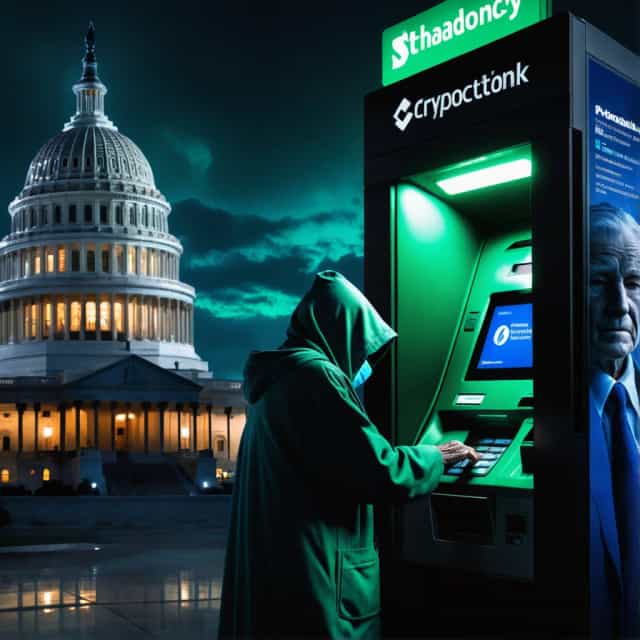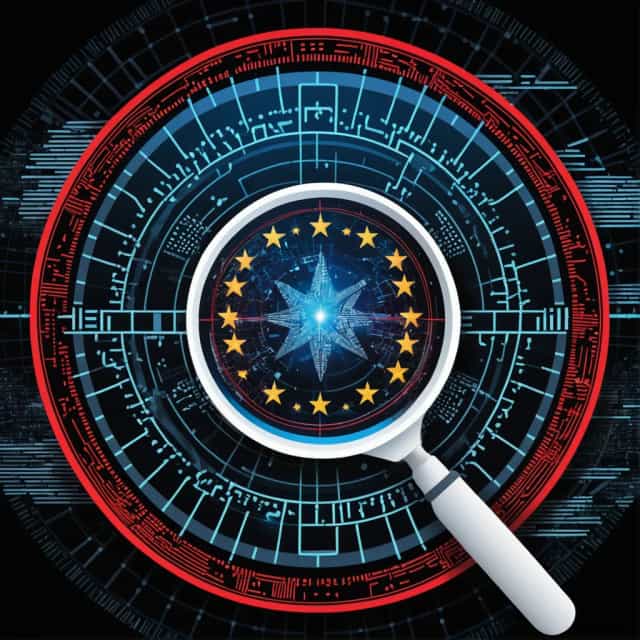
출처: Block Media
How the SEC’s Revolutionary ETF Policy Could Transform the Global Digital Asset Landscape
This week marks the beginning of Korea Blockchain Week (KBW), a premier event for blockchain stakeholders worldwide. During a notable panel discussion, an expert highlighted a groundbreaking regulatory shift by the U.S. Securities and Exchange Commission (SEC). The SEC’s decision to authorize the listing of digital asset-based spot Exchange-Traded Funds (ETFs) without requiring individual approval is being heralded as one of the most pivotal developments in the global digital asset industry. As the dust settles, the question remains: What transformative effects could this landmark policy bring?
Redefining ETF Listing Regulations
Under the former regulatory framework governed by Section 19(b) of the U.S. Securities Exchange Act, exchanges seeking to list ETFs tied to commodities or digital assets were required to propose rule changes for SEC approval. This process involved extensive analysis, stakeholder commentary, and formalized decisions, often stretching over many months and incurring notable expenses for issuers.
However, a paradigm shift occurred on September 17, 2023, when the SEC unveiled a new streamlined approach. Under the revised policy, exchanges can list commodity-based trust shares without prior SEC approval, provided they meet specific regulatory conditions. This change has dramatically reduced the timeline for listing ETFs, cutting it down from several months to approximately 60 days, while also clarifying eligibility criteria for issuers.
To qualify, commodity-based trust shares must satisfy one or more of the following stringent criteria:
- The underlying asset must be traded on a market that is part of the International Surveillance Group (ISG).
- Futures contracts tied to the asset must have been actively traded on a Designated Contract Market (DCM) for at least six months, supported by a surveillance-sharing agreement (CSSA).
- A minimum of 40% of the ETF’s net asset value must be linked to an asset already listed on a U.S. exchange.
This revamped framework not only simplifies the listing process but also establishes a clear pathway for digital asset ETFs to enter mainstream investment channels.
Implications for U.S. Digital Asset Markets
The regulatory overhaul holds profound implications for the digital asset market in the United States. By lowering barriers to entry for ETFs tied to cryptocurrencies, the SEC has opened the door to a broader base of institutional investors—including pension funds, insurance companies, and major asset managers. These entities often shy away from directly holding cryptocurrencies but can now gain exposure through regulated ETFs. This shift is poised to significantly amplify demand across capital markets.
In addition, this regulatory advancement positions the U.S. as a frontrunner in digital asset innovation. Other global jurisdictions have yet to enact comparable leniency in ETF regulation, which is likely to attract international interest in U.S.-listed ETFs. With the launch of spot crypto ETFs tied to assets like Solana (SOL), XRP (XRP), Litecoin (LTC), and Dogecoin (DOGE)—none of which are available in other countries—the U.S. may become an unrivaled hub for cross-border digital asset investments, creating a robust and competitive ecosystem.
Revitalizing the Domestic Cryptocurrency Industry
The SEC’s policy shift could catalyze a renaissance within the U.S. digital asset sector. Over recent years, regulatory limitations under initiatives like "Operation Choke Point 2.0" drove many crypto-related businesses to relocate abroad in search of favorable conditions. However, the prospect of surging institutional demand may entice these companies to return. If successful, this onshoring trend aligns perfectly with SEC Chairman Paul Atkinson’s vision of rejuvenating America’s standing in the global digital asset space.
Furthermore, the ripple effects from institutional adoption are expected to spur growth in ancillary services. Key players such as custodians, market makers, and financial infrastructure firms will benefit from increased demand for secure and efficient trading mechanisms, creating a cascading impact across the industry. This cumulative effect offers the U.S. a golden opportunity to reassert its role as a global leader in digital asset innovation.
Strategic Ramifications for Global Competitors
While the SEC’s policy revision might appear as a localized rule change, its strategic implications are far-reaching. The decision could serve as a vital stepping stone toward fulfilling ambitions of making the U.S. the epicenter of the digital asset domain—a vision previously championed by leaders like former President Donald Trump. The policy’s deliberate and calculated approach reflects its intention to create sustained growth in the U.S. digital finance sector.
Other countries will likely be forced to reassess their stance on crypto asset regulation as they witness the market advantages this policy creates for U.S.-based ETFs. Policymakers across the globe must now grapple with whether to adopt similar frameworks or risk losing ground in the highly competitive digital finance arena. This moment presents an inflection point for the international community as nations debate their next strategic moves.
Collaborative Opportunities Amid Regulatory Change
The SEC’s groundbreaking ETF policy coincides with the discussions happening at KBW, making for an opportune moment for industry leaders, policymakers, and innovators to share insights on navigating the shifting global regulatory landscape. By fostering collaboration and constructive dialogue, stakeholders can chart informed strategies to capitalize on these transformative developments while mitigating risks in this evolving sector.
About the Author
Kim Hyo-bong, a licensed attorney at Bae, Kim & Lee LLC, is a distinguished specialist in digital asset regulation and market structures.
- Bachelor of Law, Yonsei University (2009)
- Passed the 51st Korean Bar Exam (2009)
- Completed the 41st Judicial Research and Training Institute (2012)
- LL.M., Columbia Law School, U.S. (2017)
- Former Director at Financial Supervisory Service (FSS) Digital Finance Innovation Bureau (2022–2024)
- Former Director at FSS Virtual Asset Supervision Bureau (2024)
With over a decade of regulatory expertise, Attorney Kim has contributed extensively to frameworks protecting virtual asset users and has been actively involved in establishing self-regulatory practices for virtual asset exchanges. Currently, he advises on topics spanning blockchain regulations, token securities, Anti-Money Laundering (AML), and digital finance innovation.
The SEC’s decision marks a historic turning point in digital asset regulation. As KBW brings together global leaders, the conversations and strategies forged during this transformative time could shape the future trajectory of the digital finance ecosystem worldwide.










